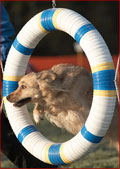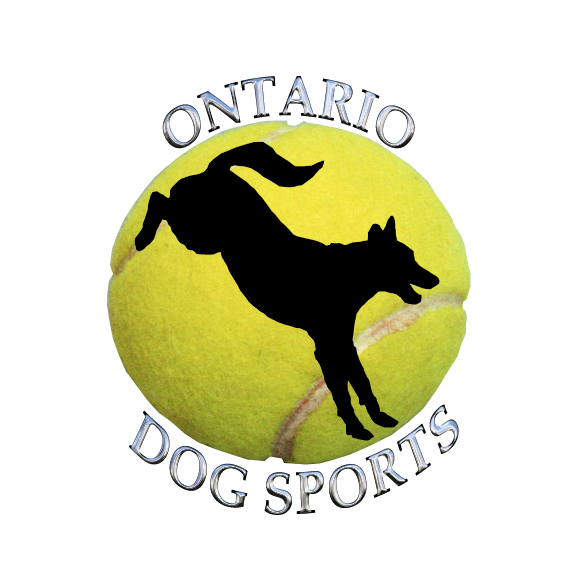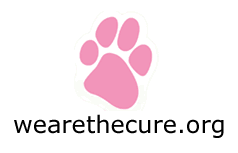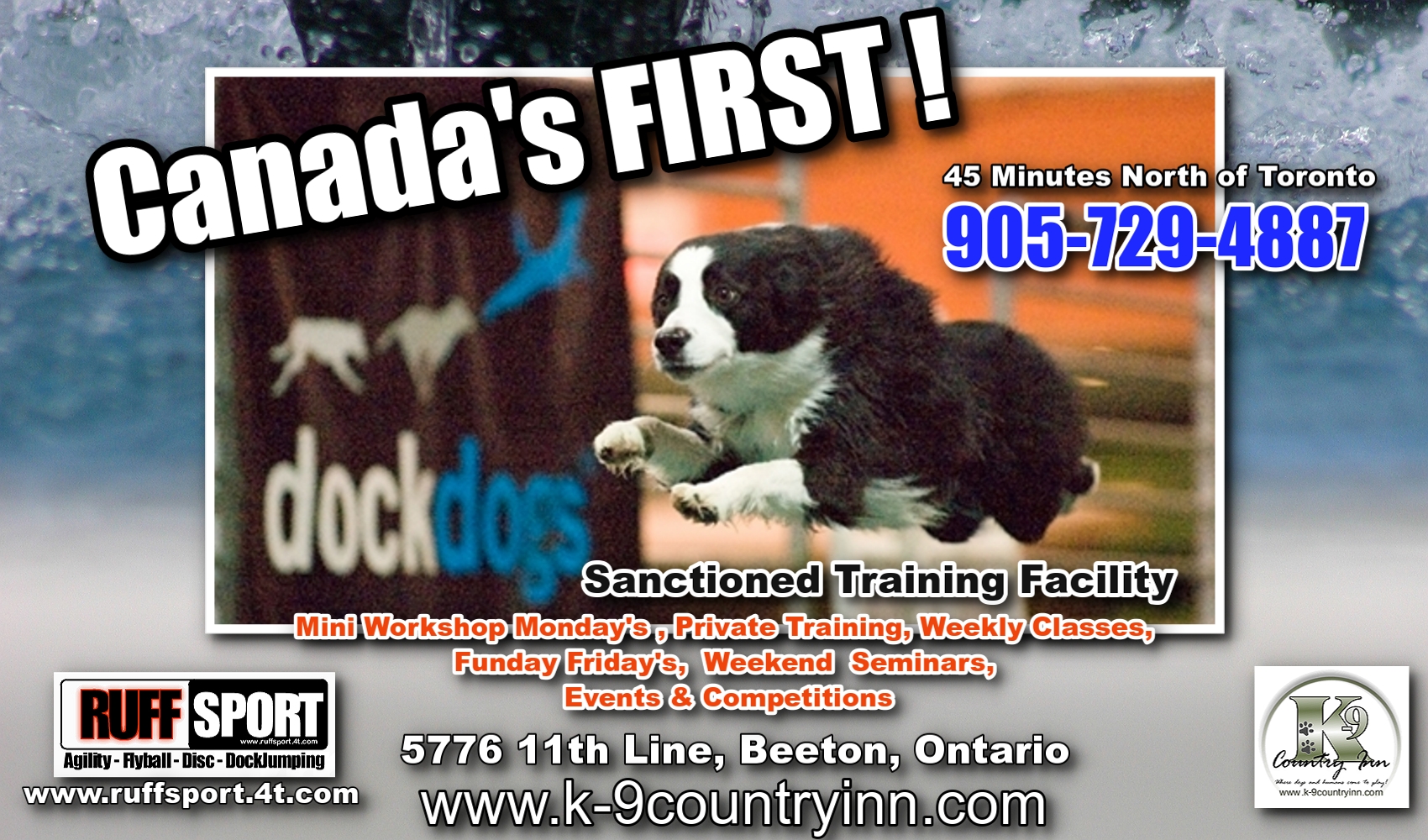Protect Pets from Pesticides and Rodenticides
Education is the Best Defense Against Preventing Accidents
Did you know that by utilizing pesticides in the garden or around the house to keep unwanted critters at bay you might be inadvertently poisoning your pets? People can protect their pets from poisons in pesticides and rodenticides by learning what harmful substances they should avoid using, how to store them safely and what to do in case of an emergency.
So Much to Explore, So Many Dangers
“One of the big ways pets explore this world is with their mouths,” says Nancy Peterson, RVT and Feral Cat program manager for The Humane Society of the United States. With this in mind, treat a home with pets like you would a home with children. “I tell people to get down on the floor and look around.”
Keep in mind, Peterson says, that dogs can jump up on counters and cats can open cabinets.
“It’s important to remember that a very small amount [of some toxins] can cause organ damage or death,” says Peterson. So she recommends switching to non-toxic, organic products for the house and garden that are safe for pets.
For ideas on organic lawn care, fertilizers and pest control methods consult your local gardening center or check out Organic Pest Control.
Pesticide and Rodenticide Education
The best defense against pet poisoning is education, Peterson says. Use the garden and household pesticides and rodenticides listed below carefully or replace them with non-toxic remedies. Remember, pets can also be poisoned if they capture and ingest toxic wild animals.
Rodent and insect poisons: Designed to lure in rodents and insects (ant traps, poisonous bait and toxic aerosols sprayed onto surfaces) can also appeal to a pet’s sense of smell and curiosity. Even if these products are used in areas off limits to pets, keep in mind that rodents and insects can carry these poisons throughout your home.
Organophosphates and carbamates: According to the Natural Resources Defense Council, these chemicals found in household and garden products interfere with the transmission of nerve signals in animals. Avoid products that rely on the use of these ingredients including tetrachlorvinphos and (taken off the market from 2000-2006 but might still linger in your cleaning cabinet) chlorpyrifos, dichlorvos, phosmet, naled, diazinon and malathion.
Wild animals: If a pet finds a bird, squirrel or rat you suspect might have died from poisoning it could be dangerous to your pet, says Peterson. Command your pet to drop the prey and call Animal Control to have it removed and tested for poisons or rabies if appropriate. (If you suspect the animal might still be alive, cover it with a laundry basket with some bricks on top until Animal Control can take it away.)
The symptoms from ingesting or absorbing toxins vary and, in some circumstances, can result in sudden death.
Effects of Ingesting Pesticides or Rodenticides
The symptoms from ingesting or absorbing toxins vary and, in some circumstances, can result in sudden death. According to the American Animal Hospital Association signs of pesticide toxicity that contain oranophosphate or carbamate include vomiting, diarrhea, excessive salivation, tremors, pin-point pupils or seizures. Rodenticides often contain warfarin or related compounds that cause beeding and jaundice. These compounds can be fatal if your pet is not treated promptly.
What to Do in an Emergency
If you suspect your pet has been exposed to a dangerous substance call your veterinarian immediately. If you know what the substance is, bring the box or bottle along to the veterinarian so the proper antidote can be determined, instructs Peterson.
From:PetInsurance.com

 dog insurance,
dog insurance,  dog poisoning,
dog poisoning,  pet health in
pet health in  First Aid,
First Aid,  Other
Other 





Reader Comments